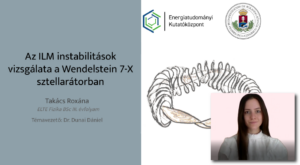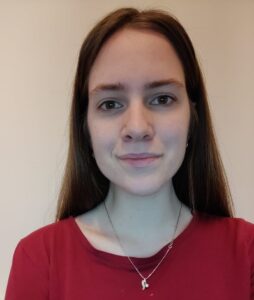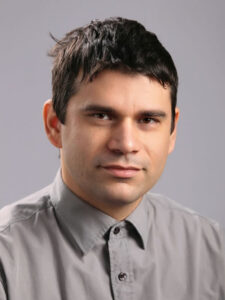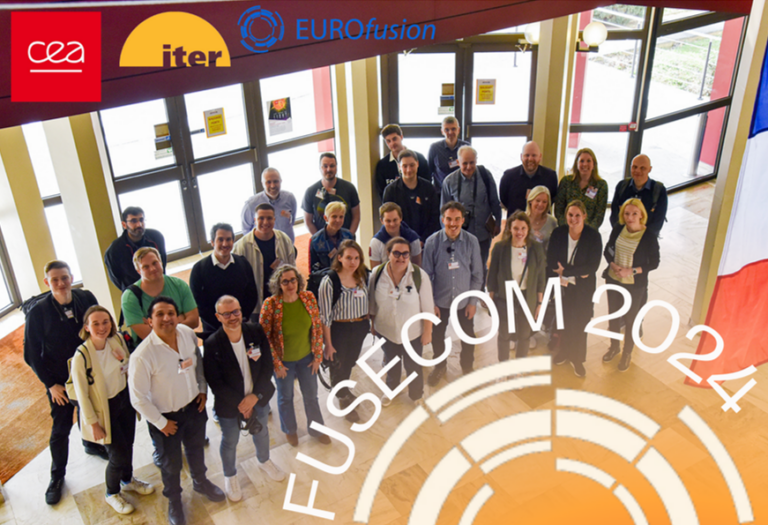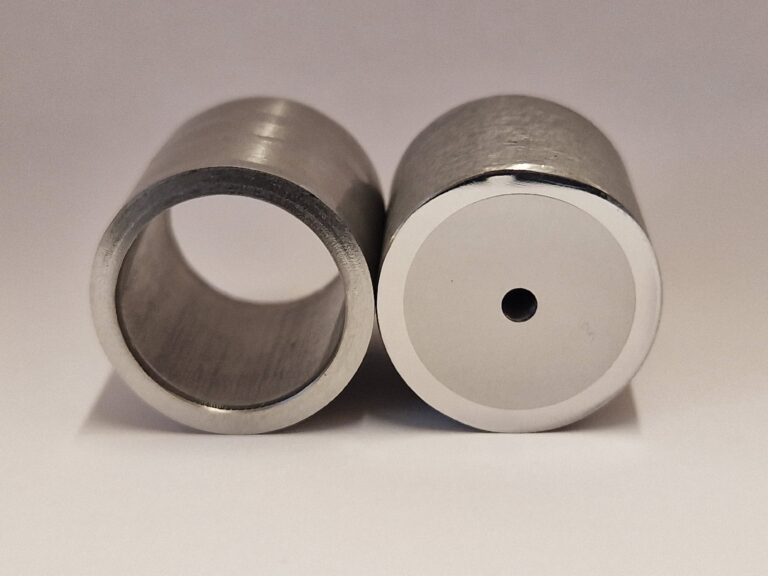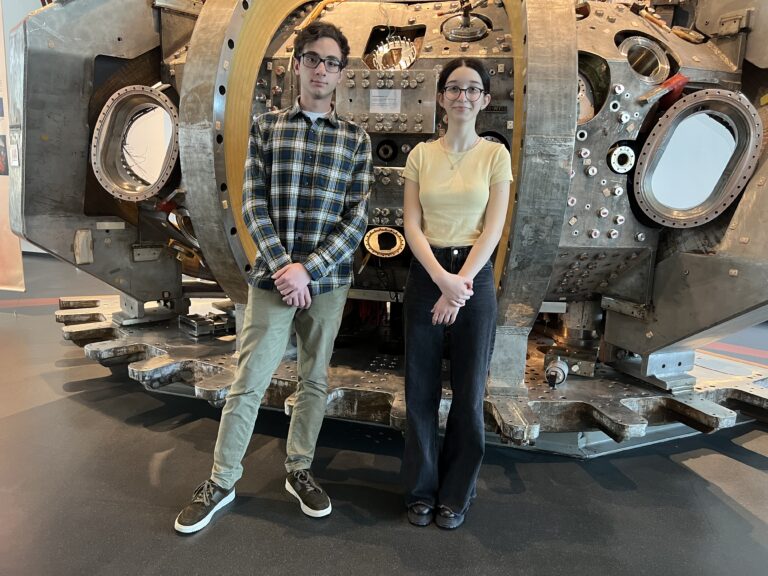In Hungary, they take coaching science talent to the next level. In the massive bi-annual Scientific Student Society Conference OTDK, over 10.000 students from all academic disciplines go beyond standard course work to do research projects with academic mentors and then show their chops to panels of international experts.
After hearing from EUROfusion science advisor and OTDK jury member Kinga Gal, we talked to both an eager participant and an organizer to find out more about OTDK’s sub-competition on fusion.
An institution
According to Fusion researcher Gergõ Pokol at Budapest University of Technology and Economics, who has been involved as an organizer and research supervisor for 15 years, OTDK is an institution. Starting with spontaneous presentations by students in the 1950s it has only grown bigger and more professional since. “Here in Hungary it’s a tradition to take part in this competition, first as a student and later as a supervisor”, says Pokol. “And it’s not just for the fun and prestige; people get a feel for what life as a researcher is truly like.”
The winner of this year’s competition in the plasma physics subsection, Roxána Takács can only agree. A final-year student in the physics bachelor programme at Eötvös Loránd University, she also interns at EUROfusion’s Hungarian member: the Fusion Plasma Physics department of the Centre for Energy Research.
Fusion has been Roxána Takács’ favourite topic since she first heard about it in high school. “I got into it via my fascination for astronomy and how the stars work. When I first found out I could study fusion, I knew right away that I needed to go for it. And honestly I haven’t come across another topic in physics that has interested me more.”
Worth it
Takács won the first place in the sub-competition (pdf) with her research and presentation on how to characterise island localised modes, eddies in the plasma of the Wendelstein 7-X stellarator. “I chose this particular topic because it seemed very interesting. I also liked that it hadn’t been addressed much yet.”
When asked what it was like to compete in – and win – this year’s plasma competition, Takács replies: “The thesis writing and presentation can be stressful, and everyone dreads the question round by the jury after the final presentation! But getting to do new research is great, as is getting to meet new people, hearing about their work and getting feedback from experienced researchers.”
Jump-start
The level of competition throughout OTDK is high: some students begin participating at the start of their bachelor programme and take part every year. Gergõ Pokol: “The best students can work so closely with their mentor researchers that they become contributors or even primary authors of scientific publications, so they have an easier time getting scholarships. It’s really a chance to jump-start your PhD.”
“To get the opportunity to educate smart people and see them grow into great researchers is the most delightful aspect”, shares Pokol. Wherever the contestants end up – in research, the private sector or public service – the Hungarian scientific student society conference gives them an amazing experience upon which to build.
Fusion education in Europe
EUROfusion supports 700 PhD students and 200 Master’s students from physics and engineering at over 100 universities across Europe through our FuseNet initiative. We celebrate the unique local, national and regional programmes of partner institutes because this diversity is one of the key factors that powers our programme.
